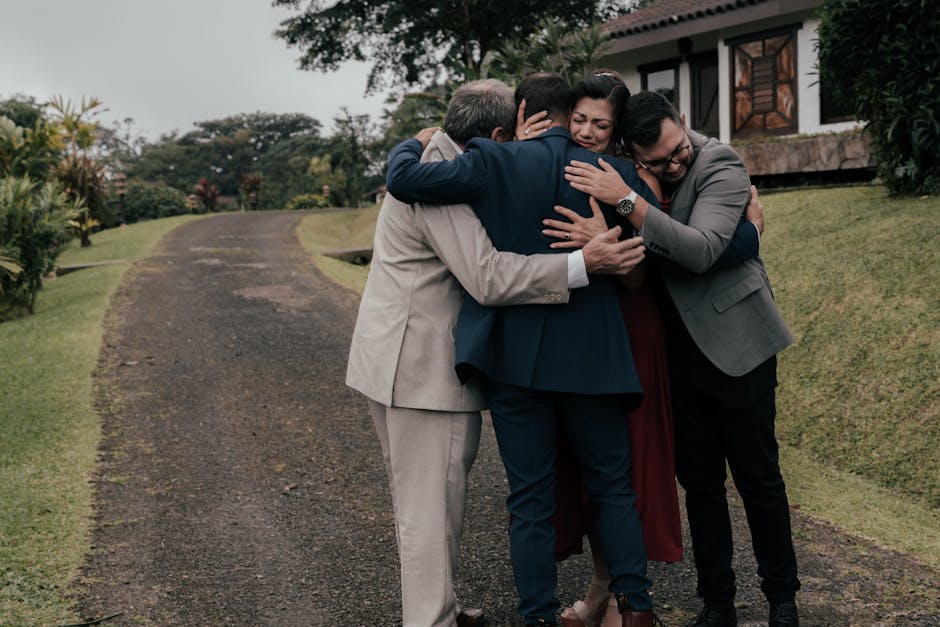TLDR
Useful tips and community resources for co-parents to improve custody coordination and reduce stress after divorce.Overview of Community Roots and Peer Circle Method
Midtown Peer-Heal Group adapts Rainbows.org’s trauma-aware “Resources for Children of Divorce” specifically for Richmond families. Sessions start with gentle mindfulness inspired by James River Park System guided walks and real-time custody-calendar check‑ins.
- Group size: 6–8 co‑parents for safe sharing
- Focus on growth moments like selling a wedding ring or reorganized furniture
- Privacy in line with state law Title 20.1‑121.4

- Circle Process
- A peer-led discussion format where each participant speaks in turn.
- Co-parenting Café
- A virtual accountability space for brief follow‑ups via Zoom or coffee meetups.
Tools, Referrals & Accountability Mechanisms
Meetings include practical aids like whiteboards for custody schedules and shared folders for school and transit documents (Title 20.1‑107.2).
| Tool | Before | After |
|---|---|---|
| Digital Custody Folder | Missing school forms | Complete 98% of the time |
| Color‐coded Whiteboard | Calendar conflicts weekly | 0–1 conflicts monthly |
| Zoom Accountability Huddle | 30% follow‑through | 70% follow‑through |
| GRTC‑accessible Venues | Late arrivals common | On‑time rate 95% |
| Data based on Midtown Peer-Heal internal surveys. Keywords: custody logistics, community support, accountability. | ||
Measured Outcomes and Next Steps
By month three, co‑parents report smoother tuition negotiations (Title 20.1‑108.1) and reduced friction at joint celebrations. Connects families to Rainbows.org and Happy New Beginnings realtors who specialize in fast downsizing (happynewbeginnings.com, per Title 20.1‑107.3).
Categories: legal and financial information
Tags: emotional identity milestones, recovery behaviors, triggers, negotiation moments
separated parenting, co-parenting collaboration, shared custody, long-term marriage, post-divorce adjustment, coparent communication, family support, custody planning, co-parenting tools, community resources, conflict resolution, custody logistics, family stability, legal navigation, trauma-informed approaches